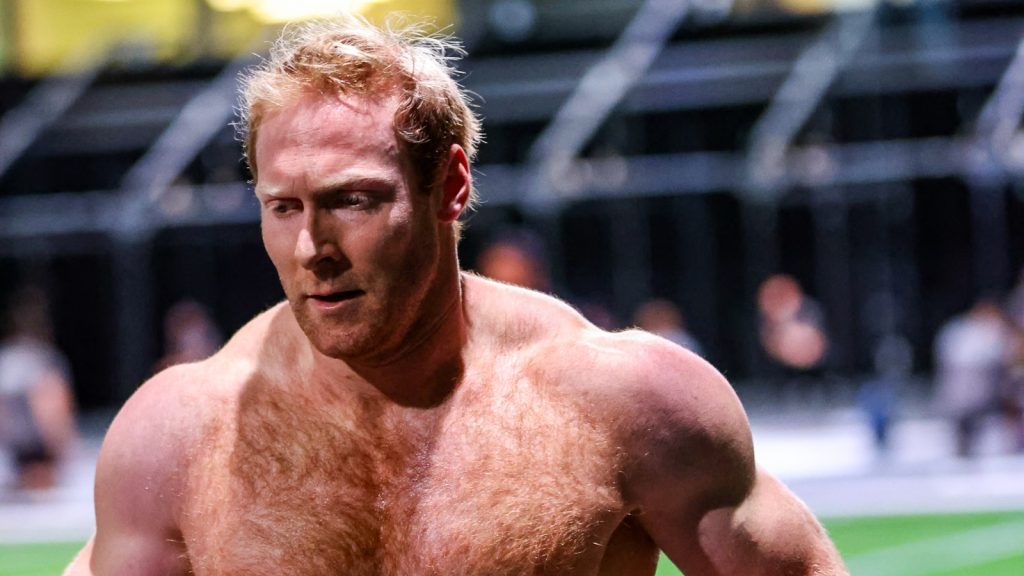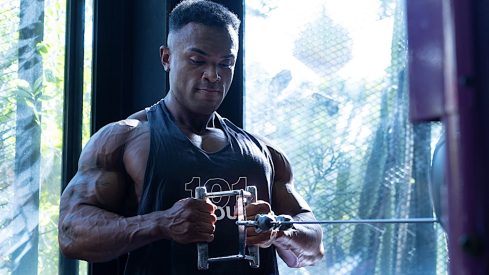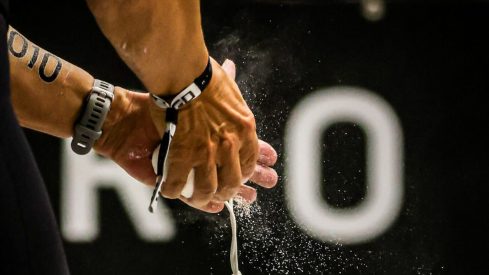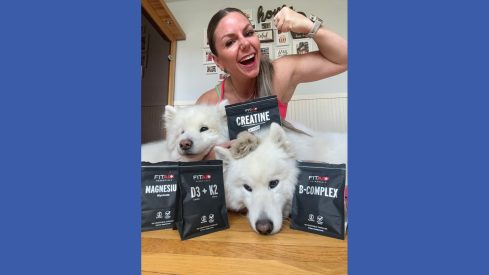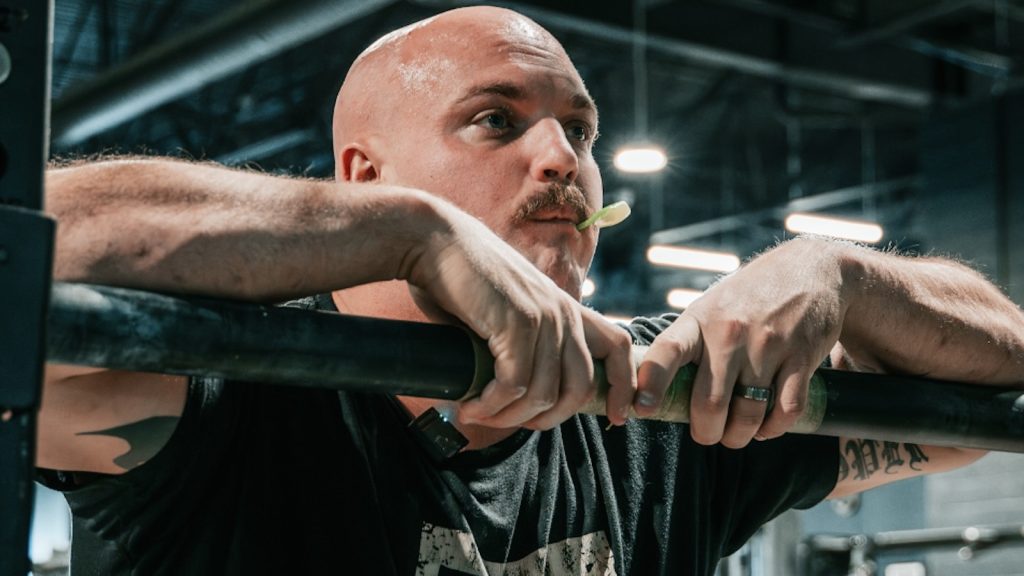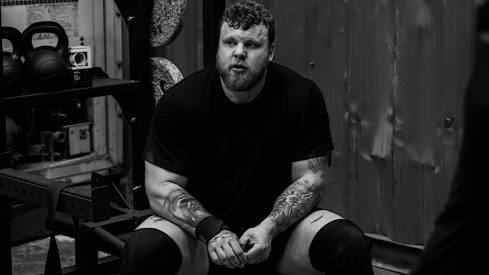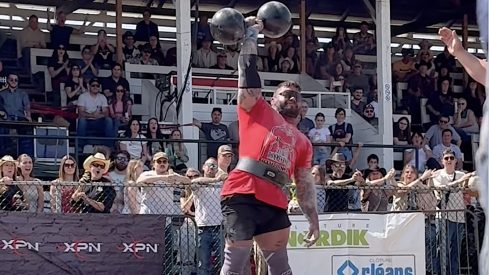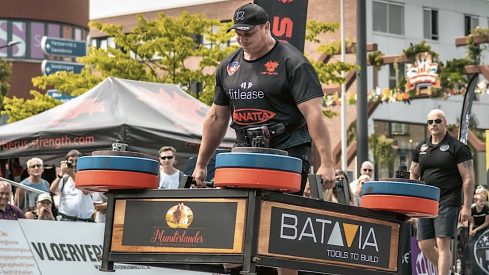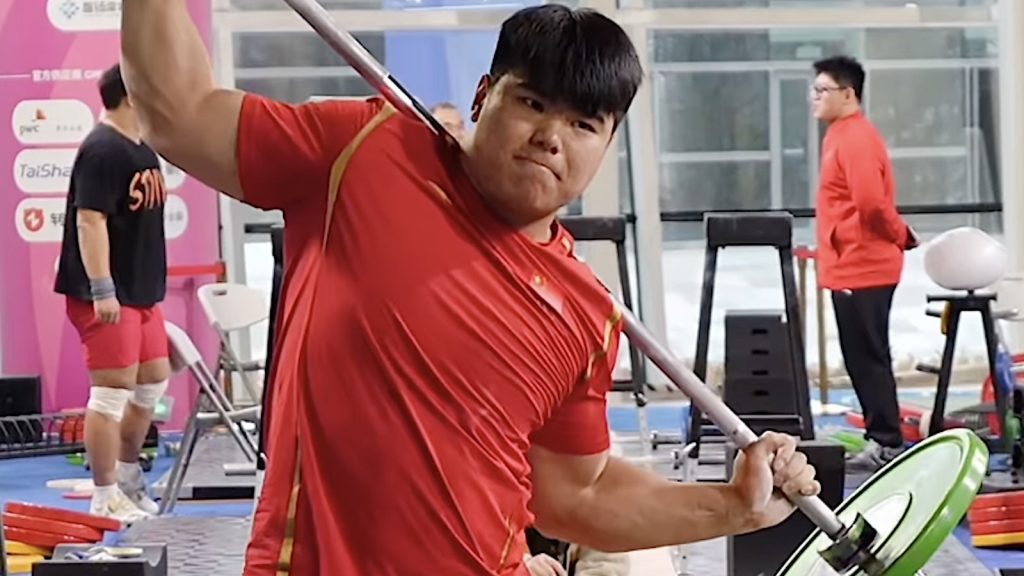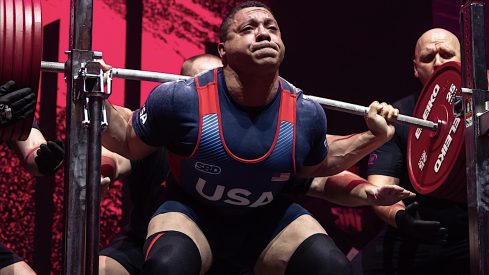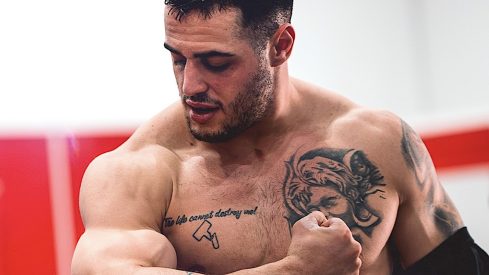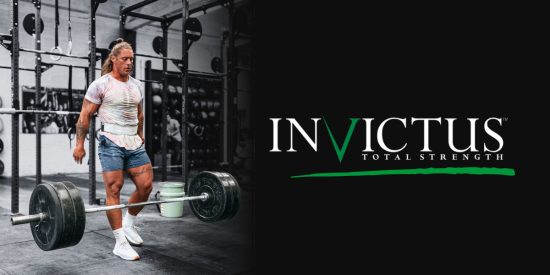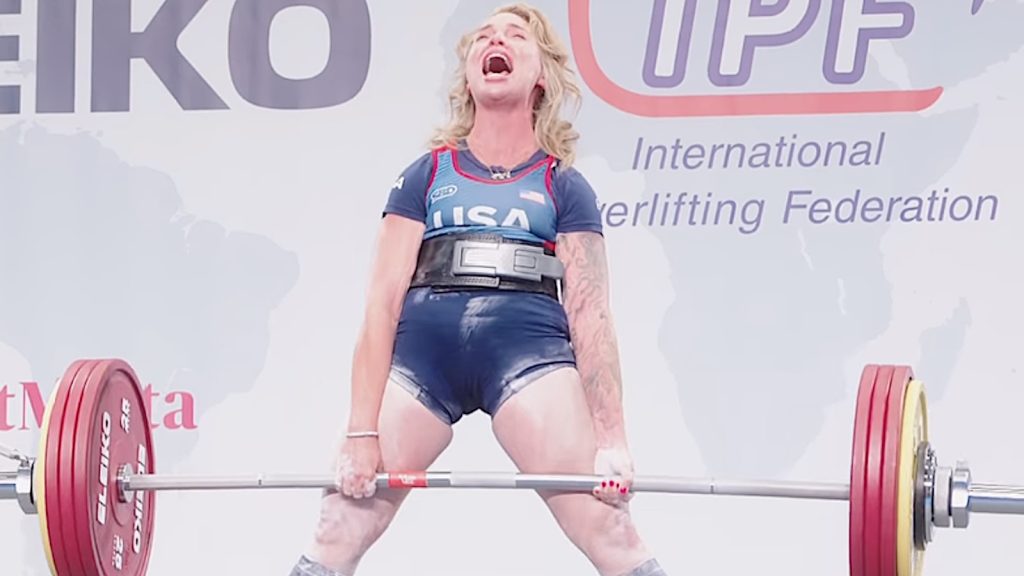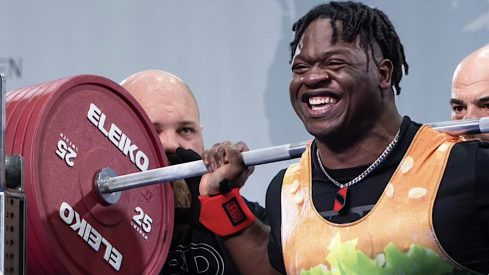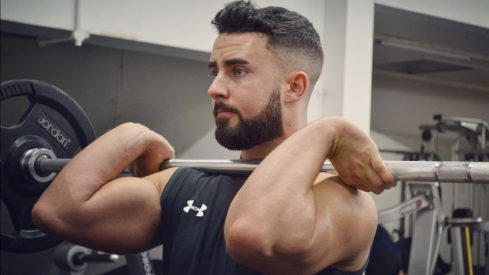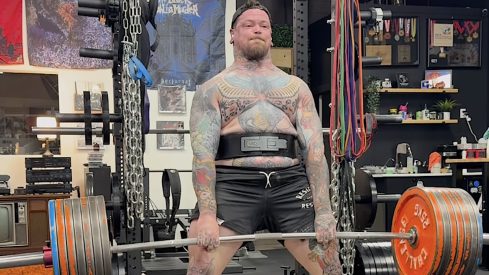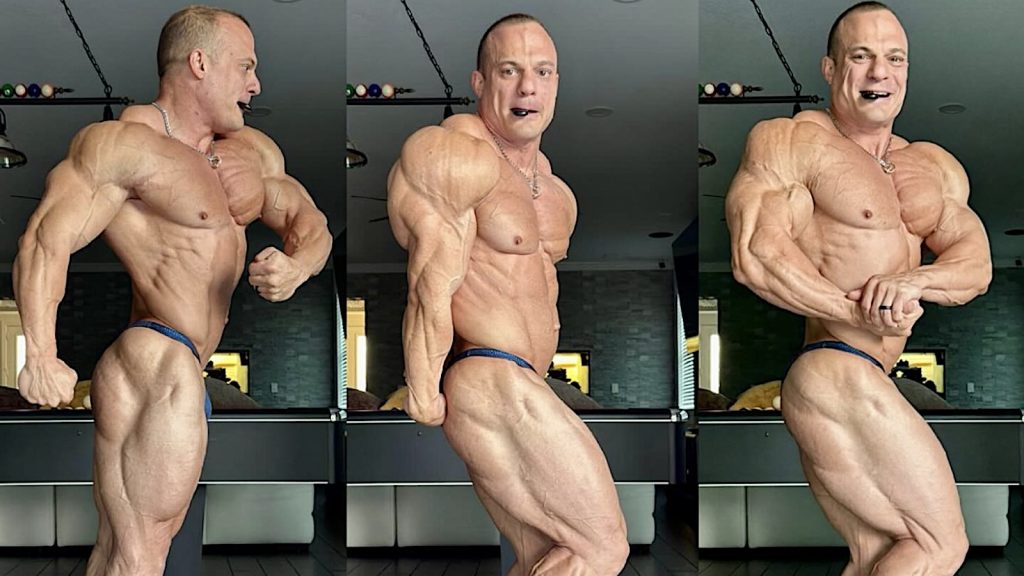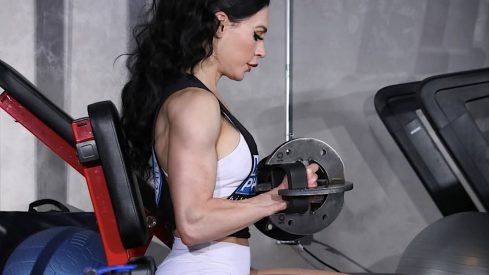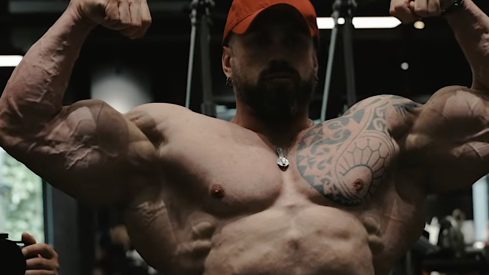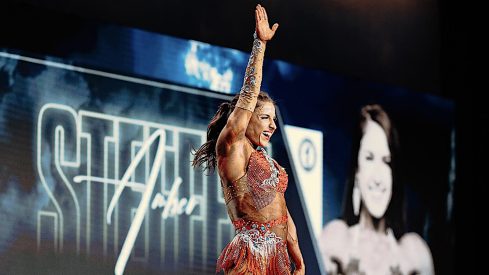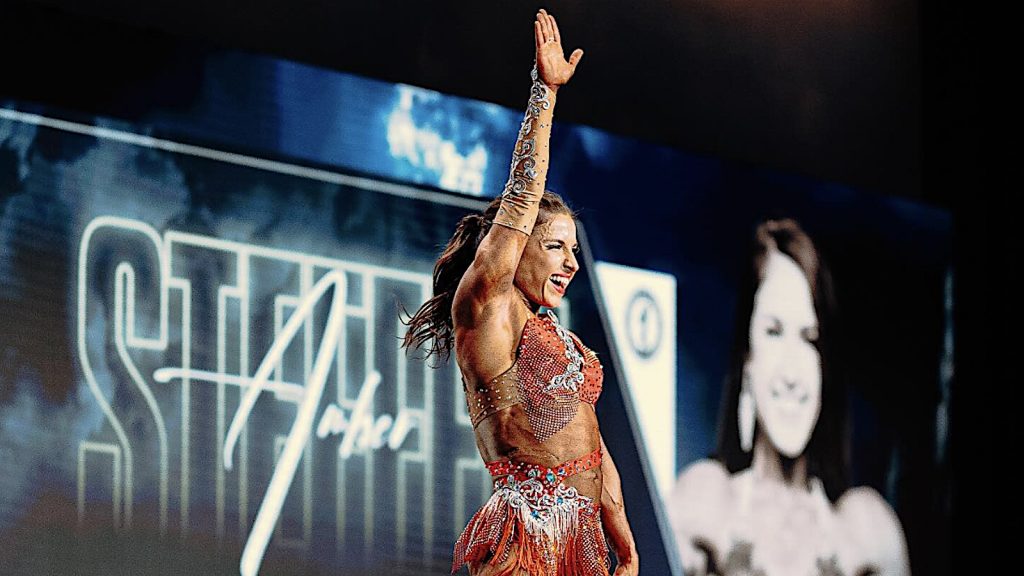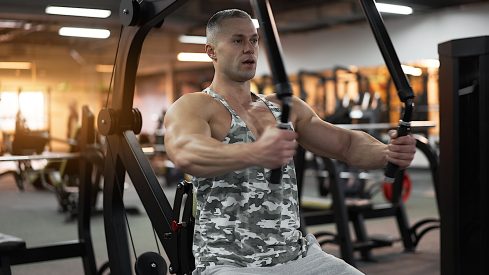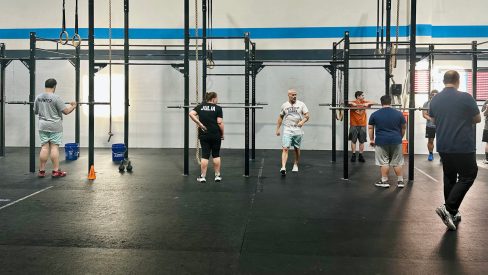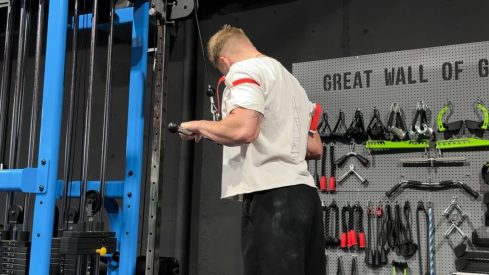Latest News
-
Most 2024 CrossFit Games Athletes Are Out in 2025 — What’s Behind the Massive Turnover?
This season’s 12 CrossFit Games qualifying events are finally complete, and we now know the 30 men and 30 women heading to Albany. That said, things look a lot different than we’re accustomed to seeing. Between injuries, retirements, athletes choosing to forego the CrossFit Games season, or simply failing to qualify, there are a fair…
Crossfit
-
Most 2024 CrossFit Games Athletes Are Out in 2025 — What’s Behind the Massive Turnover?
This season’s 12 CrossFit Games qualifying events are finally complete, and we now know the 30 men and 30 women heading to Albany. That said, things look a lot different than we’re accustomed to seeing. Between injuries, retirements, athletes choosing to forego the CrossFit Games season, or simply failing to qualify, there are a fair…
Strongman
-
Make One Change to Seriously Improve Your Deadlift
Breaking through deadlift plateaus can be tedious. The secret lies in fine-tuning training frequency, mastering variations, and building core strength to achieve steady progress. Three-time Arnold Strongman Classic champion and 2024 Strongest Man on Earth Mitchell Hooper will attempt to break Hafthor Björnsson’s deadlift world record on Sept. 6, 2025, with a 505-kilogram pull at the 2025 World Deadlift Championships. With that in mind,…
Weightlifting
-
China’s Weightlifting Team’s Core Training Floats Weights on Their Upper Back
The Chinese weightlifting team has dominated the global stage, with five of their six athletes clinching gold medals at the Paris 2024 Olympic Games. Their remarkable performance at the Tokyo 2020 Olympics saw eight Chinese weightlifters acquire seven golds and one silver. In mid-April 2025, Shenzhen Weightlifting, a training association for elite weightlifters, shared the Chinese weightlifting team’s updated…
Powerlifting
-
Heather Connor (47KG) Sets IPF Deadlift and Total World Records at 2025 World Classic Championships
The 2025 International Powerlifting Federation (IPF) World Classic Championships took place in Chemnitz, Germany, from June 8-15, 2025. The competition was aflutter with new IPF world records across several men’s and women’s categories. One of the remarkable performances in Chemnitz belonged to America’s Heather Connor in the 47KG class. The deadlift specialist scored a new…
Bodybuilding
-
2025 South Florida Pro 212 Bodybuilding Show Preview
The 2025 South Florida Pro is set for Saturday, June 21, in Boca Raton, FL. The main event is 212 Bodybuilding, which includes 15 IFBB Pro League athletes. The winner will be eligible to compete at the 2025 212 Olympia in Las Vegas, NV, from Oct. 9-12, 2025. No one in the lineup had qualified for the 2025…
More News
-
2025 Body Be 1 Classic Pro Bodybuilding Show Preview
The 2025 Body Be 1 Classic Pro is scheduled for Saturday, June 21, 2025, in Montgomery, AL. This IFBB Professional League event will host 2025 Olympia qualifiers for the Classic Physique, Men’s Physique, Fitness, and Figure divisions. Fifty-six pros will face the fans and judges in this contest, with each champion earning a qualification to compete at the Olympia…
-
Labor of Love: How Hatch Athletic Cares for Women During All Stages of Life and Fitness
-
The Underrated Supplement Champion Bodybuilding Coach Hany Rambod Believes In
-
Why You Don’t Look Like You Lift
-
Does Protein Before Bed Really Do What You Think It Does?
-
CrossFit Burke Celebrates a Year of Offering Classes for Neurodivergent Kids
-
The Best Training Technique to Gain Strength + Build Muscle After 40
